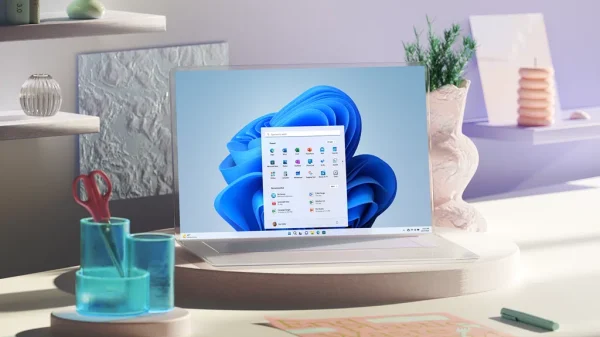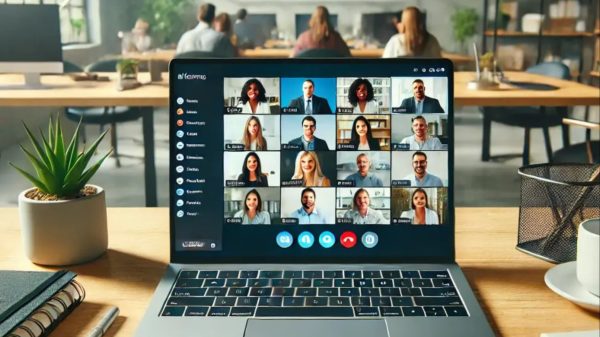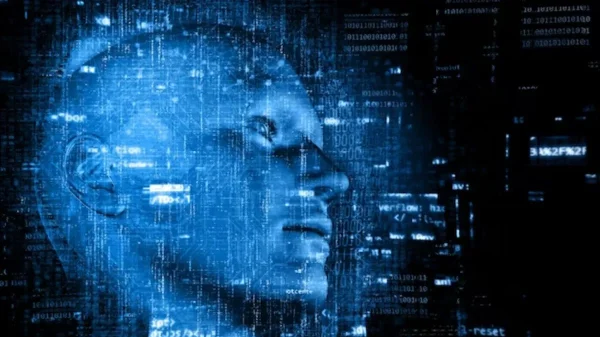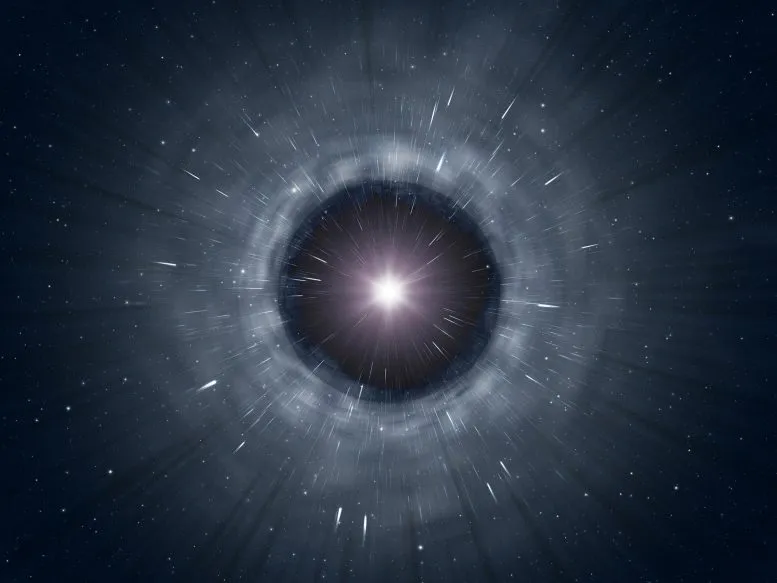In an innovative and collaborative effort, researchers are calling upon the public to help identify black holes, invisible and elusive entities that are still shrouded in mystery. The main challenge lies in their ability to consume anything that comes near them, including light, making them extremely difficult to detect. However, scientists have developed a technique called gravitational microlensing, which allows them to observe the effects of black holes from light-years away.
The project, aptly named Black Hole Hunter, utilizes data collected by NASA’s Transiting Exoplanet Survey Satellite (TESS), inviting members of the public to search for signs of black holes. By analyzing the changes in brightness of stars over time, citizen scientists will be searching for indications that a black hole could have passed in front of a star, bending its light and magnifying it. This technique enables the project to detect black holes that would otherwise remain invisible.
According to Matt Middleton, a researcher from the University of Southampton, black holes are incredibly hard to see due to their strong gravitational pull. However, this same pull also allows scientists to detect them because it can bend and focus light, acting as a lens that magnifies the light from stars. By detecting this magnification, researchers can confirm the existence of a black hole.
The project is an open invitation for anyone interested in space to join the search. Adam McMaster, another researcher, emphasizes that no expertise is required, only an interest in space and as little or as much time as one can devote to analyzing graphs and spotting patterns. The public’s contributions will directly contribute to real scientific research, making the invisible become visible.
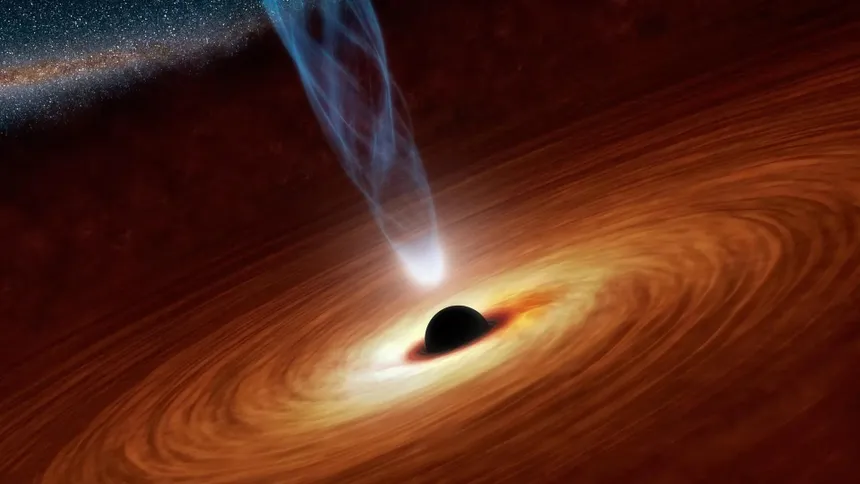
Citizens Join Forces to Identify Invisible Black Holes Across the Universe
The Zooniverse website, which hosts various citizen science projects, provides training and access to the data for those willing to participate. The public will be analyzing data from thousands of stars, carefully examining the light curves to identify any anomalies that could indicate the presence of a black hole. The website ensures that participants will have a seamless experience, with clear instructions and examples to guide their search.
Black Hole Hunter aims to encourage public participation in advanced space research, demonstrating the power of collaborative efforts in pushing the boundaries of scientific knowledge. The project has the potential to significantly increase the number of identified black holes, shedding light on these mysterious celestial bodies. By involving the public in the process, researchers hope to not only improve our understanding of black holes but also inspire a new generation of scientists and space enthusiasts.
The project’s success relies on the public’s ability to detect subtle changes in the light curves of stars, which can be a challenging task. However, with the power of collective effort, researchers believe that the public can play a significant role in identifying more black holes. Black Hole Hunter is an exciting opportunity for anyone interested in space to contribute to groundbreaking research and help uncover the secrets of these mysterytic celestial bodies.









